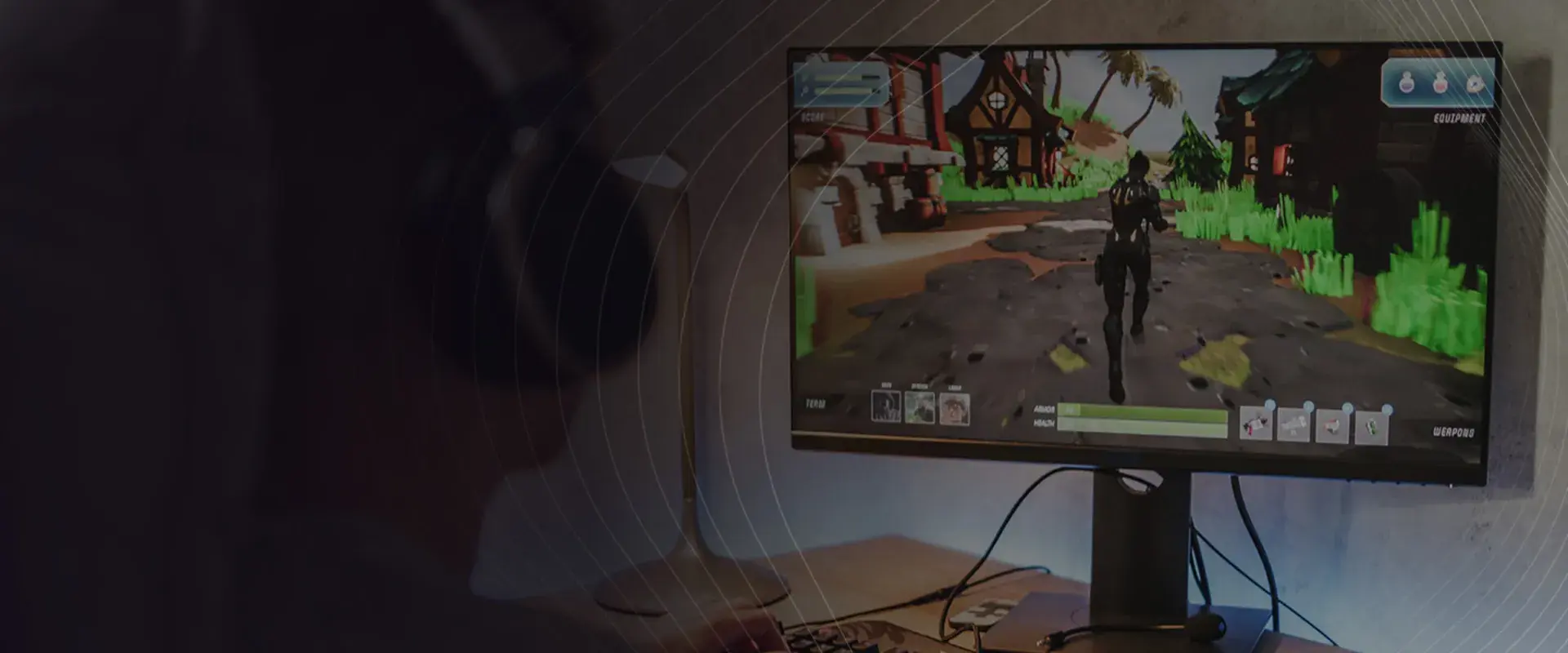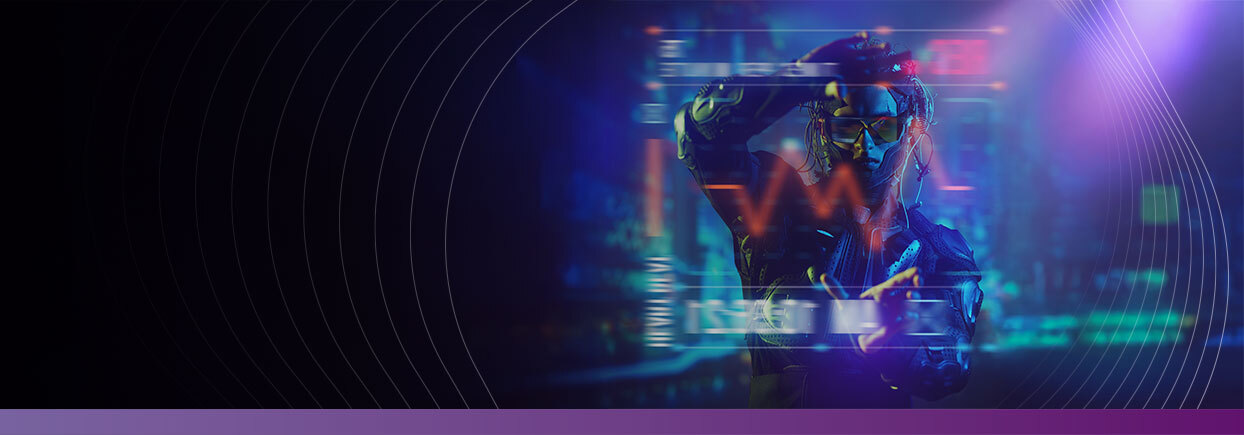Cheaters are pervasive in almost every game, making it impossible for developers to catch them manually. Plenty of anti-cheat solutions have therefore been brought to market to help developers combat game cheating.
The reliance on automatic client-side cheat detection technologies, however, poses a risk of ‘false positives’ due to its inflexibility and troubles verifying suspicious software. This brings significant damage for both game developers and legitimate players.
Let’s explore the causes of false positives of cheating, the harm they can do and the solutions that developers can implement to address the issue.
What does a false positive mean in cheat detection?
In general, the term ‘false positive’ means something that is determined to be true while it is actually false. A false positive in cheat detection indicates that a legitimate player has engaged in suspected cheating and will be penalized as a result.
In other words, a false positive in cheat detection is a false alarm.
What causes false positives?
This problem arises because developers frequently rely on anti-cheat solution providers to automatically detect and flag cheaters, bypassing the need for human review of each and every claim of cheating. The false positive has numerous causes. One of which is certain background applications that have nothing to do with the game, flag as ‘suspicious’ software to the developer’s anti-cheat solution, leading to banning decisions.
Players whose accounts got banned become enraged due to the loss of their gaming progress, flooding the customer support team with complaints and requests for clarifications.
Those anti-cheat solution providers, however, hardly ever offer concrete evidence or data to back up their claims, putting the game developers or publishers in a situation where they have no idea who is speaking the truth.
What negative effects can it bring to your game?
1. Legitimate players are frustrated
Despite the false alarm, the damage to the player is real. Their progress in gaming can be erased without justification or explanation for the ban.
When client-side blocking occurs, the sanction against the player is not easy to revoke as it requires an update to the anti-cheat software, which may take a long time. So, even when a player tries to prove that they are not employing cheats, there is no data to back up the developer’s investigation, leaving players confused and frustrated, which is not fair.
2. Devs lose their monetization opportunities
What happens if the ones who were banned are regular purchasers of in-game items? Mistakenly banning them from the game causes the developers to lose a large amount of revenue.
To make matters worse, if other legitimate players are aware that false positives occur frequently in the game, they might be reluctant to spend additional money out of fear that one day they may be banned without cause.
3. The reputation of the studio and the game itself is negatively affected
A quick internet search can reveal a plethora of postings in gaming communities discussing players’ experiences losing accounts as a result of false positive alerts. The names of the studios and the games themselves are also brought up and linked to the inadequate handling of cheat detection, which has huge negative impacts on their brand names and reputations.
What should game developers do?
To prevent this situation, a trusted and transparent anti-cheat solution is highly necessary. What exactly is a transparent anti-cheat solution and how can it improve things?
A transparent anti-cheat solution will provide game developers and/or publishers with as much insight as possible into why players are flagged as cheaters. They will have access to valuable evidence, such as code patches, other processes assessing the game and so forth.
The data can be used to verify the players’ explanations or serve as the basis for the developer’s investigation when there are complaints, thereby guaranteeing openness in cheat detection and ensuring a healthy gaming environment for players.
This is what game developers can expect to achieve with Denuvo’s Anti-Cheat solution, using security features offered by mainstream hardware in combination with AI-driven machine learning to assist them in cheat detection accurately.
The most important thing is that all collected cheating evidence belongs to developers and is not made available to anyone else, not even players.
Let’s catch cheaters, don’t catch the wrong ones!
A great gaming experience is hard to achieve without sufficient gaming protection. Defend your game the right way against the right one by contacting us today!











/Images/Module%20-%20footer/spiral.svg)
